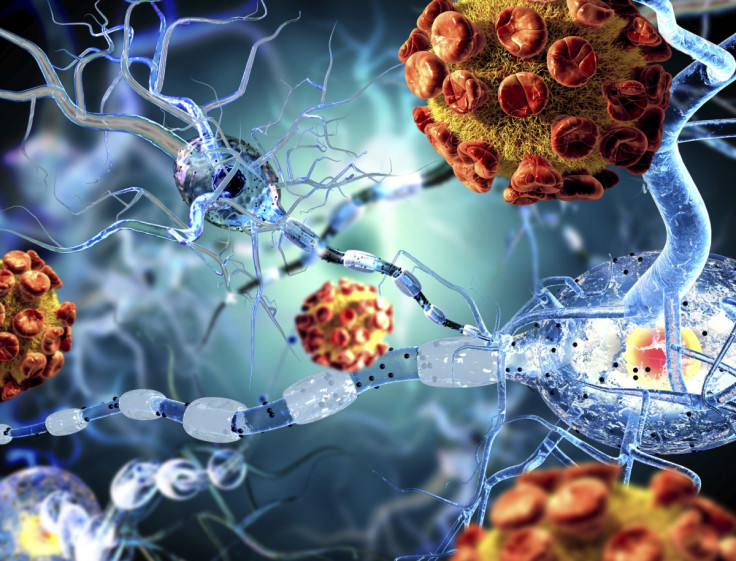Experimental drug laquinimod reduces progression of multiple sclerosis in mice
Experiments in animal models shed light on how the drug might work in humans.

A drug currently being developed for people suffering from multiple sclerosis (MS) has shown promising results to stop the progression of the disease in mice. Known as laquinimod, it is being tested phase 3 clinical trials, but the way it works on the human body is still not very well understood.
So far, no treatment is known to cure MS, and the disease is only controlled with medication which modifies the disease or addresses its symptoms – so there are high hopes regarding laquinimod.
In this study, published in the journal Neurology: Neuroimmunology & Neuroinflammation, researchers investigated the effects of laquinimod on immune cells, which are dysfunctional in patients with MS.
Their work confirms previous evidence that the drug can act by changing the behaviour of immune cells and preventing them from entering the brain and spinal cord.
Impact on cell clusters
The scientists, from the University of California-San Francisco, worked with mice models of MS, giving the rodents either a placebo or oral laquinimod. The results were significant: 29% of the mice that received the drug developed MS vs 58% of those on the placebo. A reduction in harmful clusters of B cells, which play a key role in the development of primary progressive MS (see box) was also observed when the animals had been given laquinimod.
Furthermore, they carried out an experiment on mice that had began to develop paralysis, and observed that the progression of the disease was slowed down after taking the medicine. The scientists also noted a reduction in dendritic cells that help create specialised T cells which contribute to the disease – in T cells and in harmful antibodies.
These findings contribute to the understanding of how the drug actually works on the immune system and how it could help people with MS both primary progressive and relapsing-remitting. More work during clinical trials will surely reveal whether similar effects can be expected in humans.
What is Multiple Sclerosis?
Multiple Sclerosis (MS) affects about 100 000 people in the UK. MS targets the brain and the spinal chord, and is generally first diagnosed in individuals in their 20s and 30s. Woman are two to three times more affected than men.
Symptoms include fatigue, blurred vision, bladder problems, numbness, muscle stiffness, and problems with balance or working for long periods of time. There are different types of MS, with some people seeing their symptoms get gradually worse (primary progressive MS ) or alternating between moments of good health and relapses (relapsing-remitting MS). MS is lifelong condition that can sometimes cause serious disability, though in some cases it can be mild.
MS is an auto-immune disease, which means the problems stem from a dysfunctional immune system. In the case of MS, immune cells attacks the myelin sheath in the brain and spinal chord.
What causes the immune system to attack the myelin sheath is still unclear. Experts believe it is linked to a combination of genetic and environmental factors, such as smoking, lack of vitamin D or infections caused by the Epstein-Barr virus.
© Copyright IBTimes 2025. All rights reserved.





















